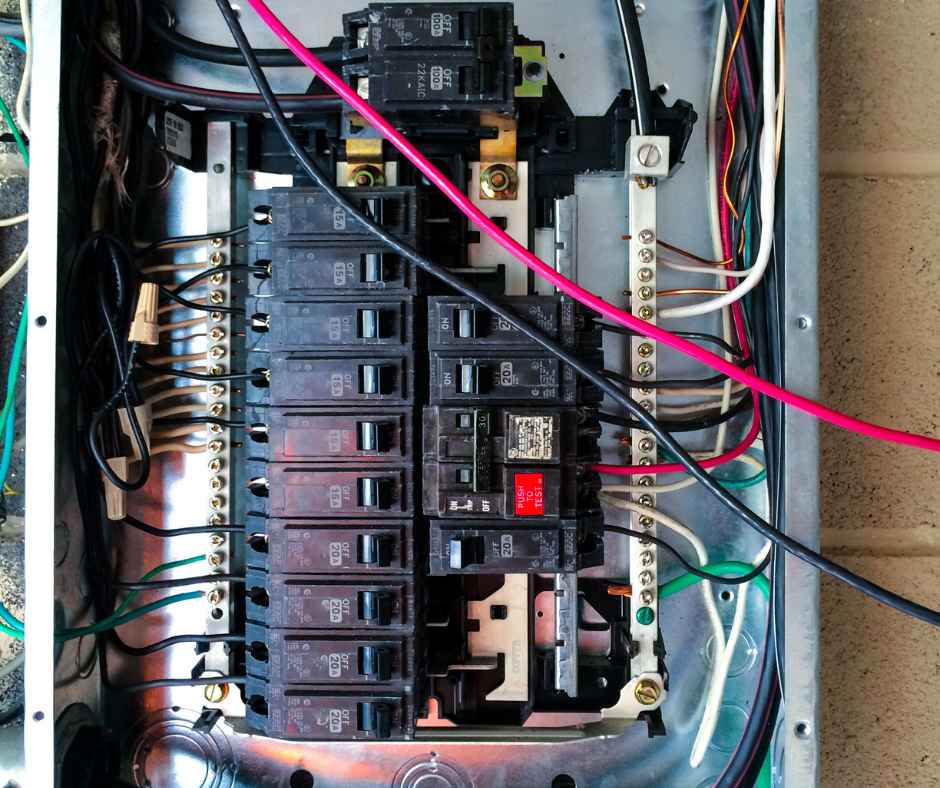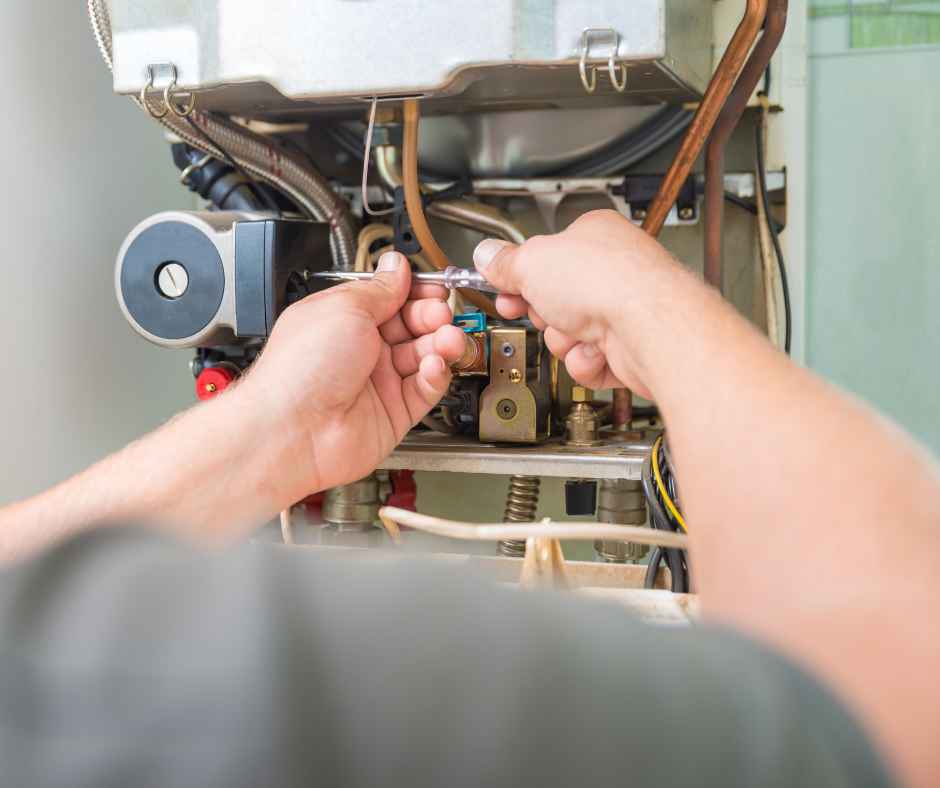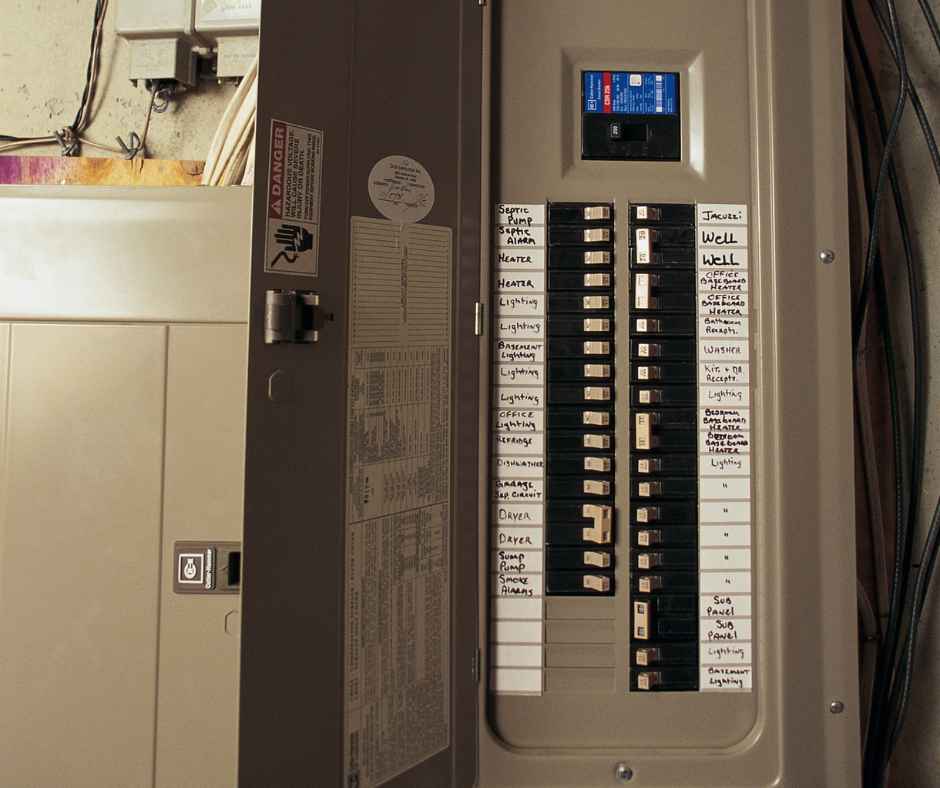Serving Colorado Springs & Surrounding Areas
5 Top Causes of Electrical Fires and How to Prevent Them

Electrical fires are a common occurrence in residential homes, unfortunately. In fact, according to the the U.S. Fire Administration, out of the 380,000 residential fires that happened during 2015, over 20% were caused by things like electrical, appliance, and heating malfunction. As our homes age, they are more susceptible to electrical wear and tear in places that are out of sight. Things like electrical outlets, faulty electrical wiring, electric panels, and so much more can easily malfunction in a second and start a fire as a consequence.
Luckily, by knowing the signs of poor, faulty, or old electrical features in your home, you can prevent electrical fires from starting in the first place. It is a good idea to perform an electrical inspection yourself, or get a safety audit by a professional electrician every few years to ensure that your house and your family are safe. In the meantime, learn about the most common causes of electrical fires and learn how to prevent them before something happens.
Electrical Outlets, Wires and Extension Cords
The things that we use every day are some of the most common causes of electrical fires, which can come as quite a shock to some. The electrical sockets that have come lose or rusted; the wires that hide beneath our drywall and lay uncovered in our basement; the extension cord that are filled to the max; all of these can be huge issues if not caught early.
Outlets
As outlets and switches get loose and older, the wiring behind them wears as well. Behind that white piece of material, cords and wires are strung about that loosen overtime and could potentially break and cause a fire. If the outlets and switches on your walls are looking frail, it may be time to replace them. This is an easy fix to do yourself; however, if you see any loose, unattached, or exposed cords, stop what you are doing and call an electrician.
Wires
If you see any frayed electrical cords, they need to be replaced immediately by an electrician. These exposed cords that run along your floor or in your walls can be incredibly dangerous if they spit out a spark.
Extension Cords
While extension cords are incredibly convenient, being able to power multiple things at once, they are still being powered through just one outlet that may not have the wattage capacity to deal with all of the current flowing through. Be sure to not overload your extension cord. Even though it has 6 outlets, it doesn’t mean you should use all 6 outlets. Also, make sure that they are out of the way to prevent being stepped on, kinked, vacuumed, and the like.
Appliances
Having older appliances risks the possibility that they may not be up to standard when it comes to wattage usage, material quality, and safety regulations. Stoves, toasters, fridges, all the things you can find in your kitchen are at risk for starting electrical fires. Another issue with appliances and their correlation with fires happens when multiple appliances are plugged into extension cords or power strips that do not have the capacity to withstand the large amount of energy that appliances need. Call an electrician to install appliance-grade outlets that are designed for the kind of appliance and home that you have. Electricians can also install ground fault circuit interrupters that act as surge protectors to keep your house safe.
Portable Heaters
The warning labels are real: keep portable heaters away from anything flammable. Though the additional heat is nice, placing your portable heater next to curtains, rugs, beds, couches, and the like is one of the most common causes of fires. Be conscious of where you place your space heaters in the wintertime, and never leave it on for an extended period of time, especially when you are sleeping or have left the house. You can also consider purchasing a radiation heater, as these are less likely to catch things on fire as quickly.
Wiring
The older your house is, the more likely that the wiring has aged as well. As we add more technology into our homes, keep up with the latest appliances, or plug in a few more phone chargers, the old wiring cannot always keep up with the new surge of power. Outdated wiring has a higher chance of heating up quickly, sparking, and catching fire. The best plan of action is to call an electrician if you suspect that your wiring is outdated and needs to be replaced. They will be able to tell which wires are in need of replacement and how to safely handle the job.
Overloaded Electrical Panels or Old Fuse Boxes
Electric panel, breaker box, and fuse box are all common names for the gray, metal box in your basement or garage. Though they have slight differences between them, their purpose is to regulate the electricity flowing throughout your home, and stop it from being overloaded with too much power at one time. This is an incredibly important factor that keeps your home safe from electrical fires. If your electric panel is old, or you have an outdated fuse box, it is time to get them replaced right away. If you know that your electric panel is dated, or you are constantly having to flip the breakers, call an electrician to perform a formal inspection to see whether your electrical panel needs replacement.
Need Expert Electrical Assistance? Call WireNut Home Services!
While most of these problems deal with the age of the home and its accessories, electrical problems can exist in newer homes as well. If a job was not done correctly, if it was done DIY style by a non-professional, or even if it was just done too quickly, electrical problems can exist for newer homes. Be sure to regularly check on the electrical systems in your home, including outlets, wires, and panels to prevent against electrical fires. Replace old fixtures and appliances when you can, and be sure to call an electrician if you feel that there is something wrong.
WireNut Home Services performs regular safety audits and electrical inspections for homeowners all across Colorado, including Pueblo, Colorado Springs, Denver, and Boulder. If you have an electrical issue, or want to prevent one from happening, get in touch with us. Remember, we’re there today, or you don’t pay!
Call us today at (719) 227-1411 or contact us online for all of your electrical needs.




